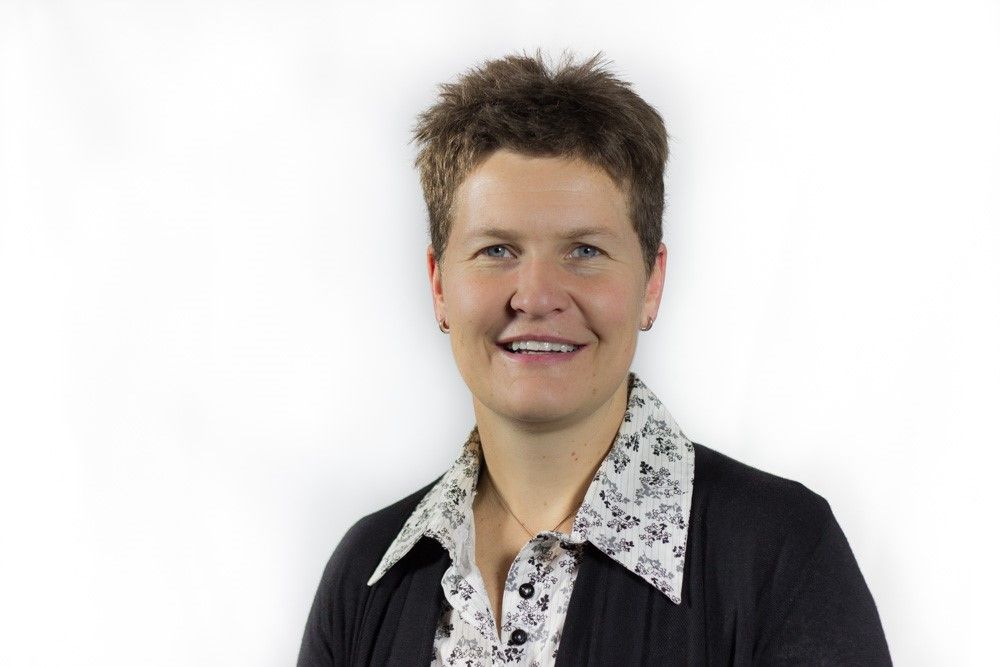Prof Ankebe Kruger, counselling psychologist from the Institute of Psychology and Wellbeing in the Centre for Health and Human Performance, recently launched a research project among staff members in the Faculty of Health Sciences across all three campuses of the North-West University (NWU) to investigate participants’ personality, their tendency to experience work-related rumination and their work preference.
“Due to the impact of the coronavirus, universities across the globe shut down most activities, consequently compelling personnel and students to work remotely or from home in an attempt to save the 2020 academic year. Remote work refers to employees working outside a traditional office environment, and it involves those employees who do not regularly have to report to a specific, physical space to get their work done. The frequency of working remotely can vary among employees, with some working outside the traditional office environment as little as once a week, while others work remotely 100% of the time,” Prof Kruger explains.
In her study she found that a large body of research points to the benefits of working remotely: individuals are more productive and experience a better work/life balance. Remote work holds financial benefits for the organisation, such as saving on operational costs and decreased absenteeism, and employees save time and money by not having to commute to the office. “Indeed, remote working, when managed well, can be beneficial for both productivity and employee well-being. At the same time, advances in technology have greatly influenced the achievement of these benefits.”
Remote work does not come without challenges. The research identified challenges such as the potential for feelings of loneliness and isolation, which are linked to depression and anxiety, fading of clear work boundaries, which makes it more difficult to switch off from work, disruption of sleep quality, quantity and consistency, and the lack of effective time management. Prof Kruger explains: “Many employees have to work while taking care of young children and/or elderly parents, meaning significant disruption to their work at home, with their ‘offices’ likely being used as a classroom or caring facility.”
An additional challenge regarding remote working is that not all employees are equally effective in the same environment. Prof Kruger’s research suggests that while some employees can manage themselves and their performance when they are working autonomously, other employees may find it difficult when they perceive less clarity and oversight in the workplace. “Therefore, one of the key indicators of performance in the workplace is personality. Personality explains how an employee behaves, acts and feels in the workplace and can help to explain which environments will be most productive for different individuals,” she explains.
Despite only a small number of staff members participating in the project, the study yielded interesting results.
Sixty-one per cent of the participants indicated that the compulsory working from home during the lockdown made them feel productive, functional and happy, while 20% indicated they were somewhat productive and functional, but not as much as when working from the office. Sixteen per cent indicated that when working from home, various factors affected their ability to be functional and productive, while 3% of the participants experienced feelings of isolation, unhappiness and that they were not functional and productive. To the question “After the Covid-19 pandemic I want to…” 66% of the participants responded that they wanted to find a new way of combining working from home and working from the office, 23% wanted to continue working from home as much as possible, while 11% indicated that they wanted to get back to the office like before the lockdown.
Regarding the relationship between an individual’s personality profile and their tendency to experience work-related rumination, the study found that people with more neurotic tendencies (individuals who are typically fearful, sad, embarrassed, distrustful and who find it difficult to manage stress) seemed to experience more affective rumination (state of fatigue and distress individuals experience when they think about work-related issues) and a lower ability to unwind after leaving their work environments. These individuals may be at risk for burnout, depression and psychiatric morbidity. Furthermore, the more extroverted (sociable, cheerful, optimistic) and agreeable (sympathetic, good-natured, cooperative and forgiving) individuals seemed to spend less time on affective rumination and a better ability to unwind after leaving work. Prof Kruger mentions that people who are more open to new experiences seem to be better at unwinding after work. Individuals with a high openness personality domain are curious and willing to explore new ideas. They also tend to devise novel ideas, hold unconventional values and question authority. An interesting finding was that all the respondents showed a dominant personality trait of conscientiousness.
“These preliminary results could be used as a foundation to extend a similar investigation to the greater NWU and to ultimately inform human resource (HR) practices to consider a hybrid working model to accommodate individual staff members’ work preference and simultaneously keep up productivity,” Prof Kruger concludes.

Prof Ankebe Kruger
